
Heating and cooling system on the fritz? Discover the factors that go into HVAC repair costs and how you can save money on this crucial home update.
Compressors can’t stay cool under pressure


Many AC compressors overheat if they’re overworked, which can happen if your air conditioner is too small or has dirty coils.
Electrical or refrigerant-related problems are common causes of AC compressors overheating, but these need to be addressed by an HVAC pro, not a DIYer.
Proper maintenance, including keeping the coils clean, changing the air filters, and keeping the exterior unit clear of debris, may prevent premature compressor problems.
Compressors are key components of air conditioners. They pressurize the air and refrigerant so that blissfully cold air flows freely through your home on hot days. Just like any other mechanical part, though, compressors can overheat or wear out. If your AC isn’t functioning like it used to, you might have an AC compressor that’s overheating. Here are five symptoms to watch for and what you can do before calling the HVAC pros.
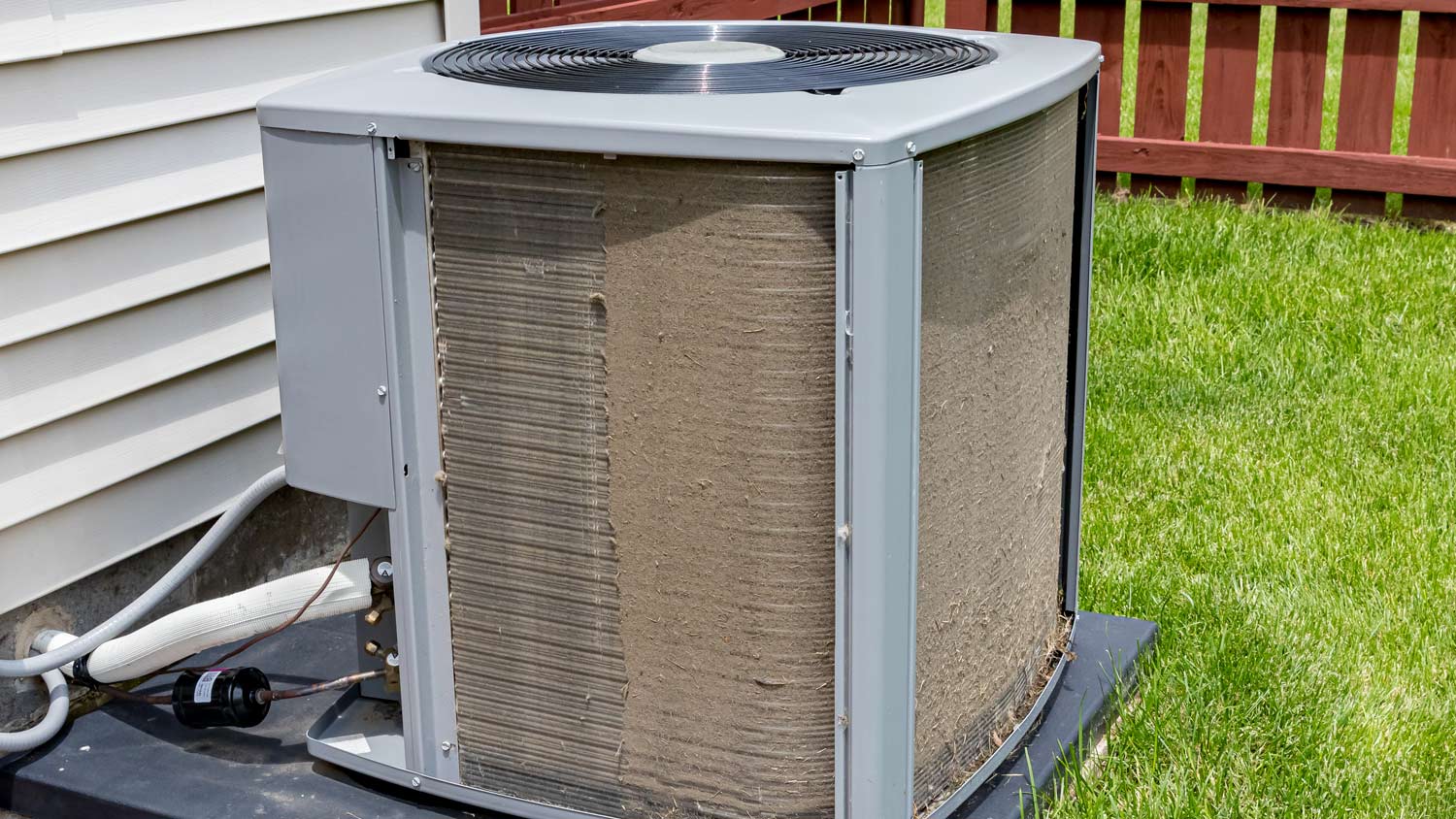
Air conditioner condenser coils sit in the outside AC unit. If you’ve ever stood by your outdoor unit and noticed a hot breeze, you’ve felt the unit doing its job releasing the hot air from your home. But when the coils get dirty, that hot air can stagnate and virtually turn your home into a reptile enclosure.
When dust, dirt, and other debris fall into your outdoor AC components, they can cake up on the coils, causing them to work overtime. Coils don’t need to be cleaned as frequently as filters, but be mindful if weather conditions are particularly windy or dusty. Dirty coils get overheated easily, and the compressor can quickly follow suit.
Air conditioners are complex machines with several moving parts. If these parts are poorly maintained, the AC won't cool your home as efficiently as it could.
There are basic tasks in AC maintenance that you can do yourself, like regularly cleaning and changing filters in window units. However, if you have a more complex system than window units, you should hire an HVAC expert to create a maintenance plan tailored to your specific HVAC system and household needs. The pros can also help you determine if it’s worth replacing components that are getting too costly to maintain or if it’s a better use of your money to replace your AC unit entirely.
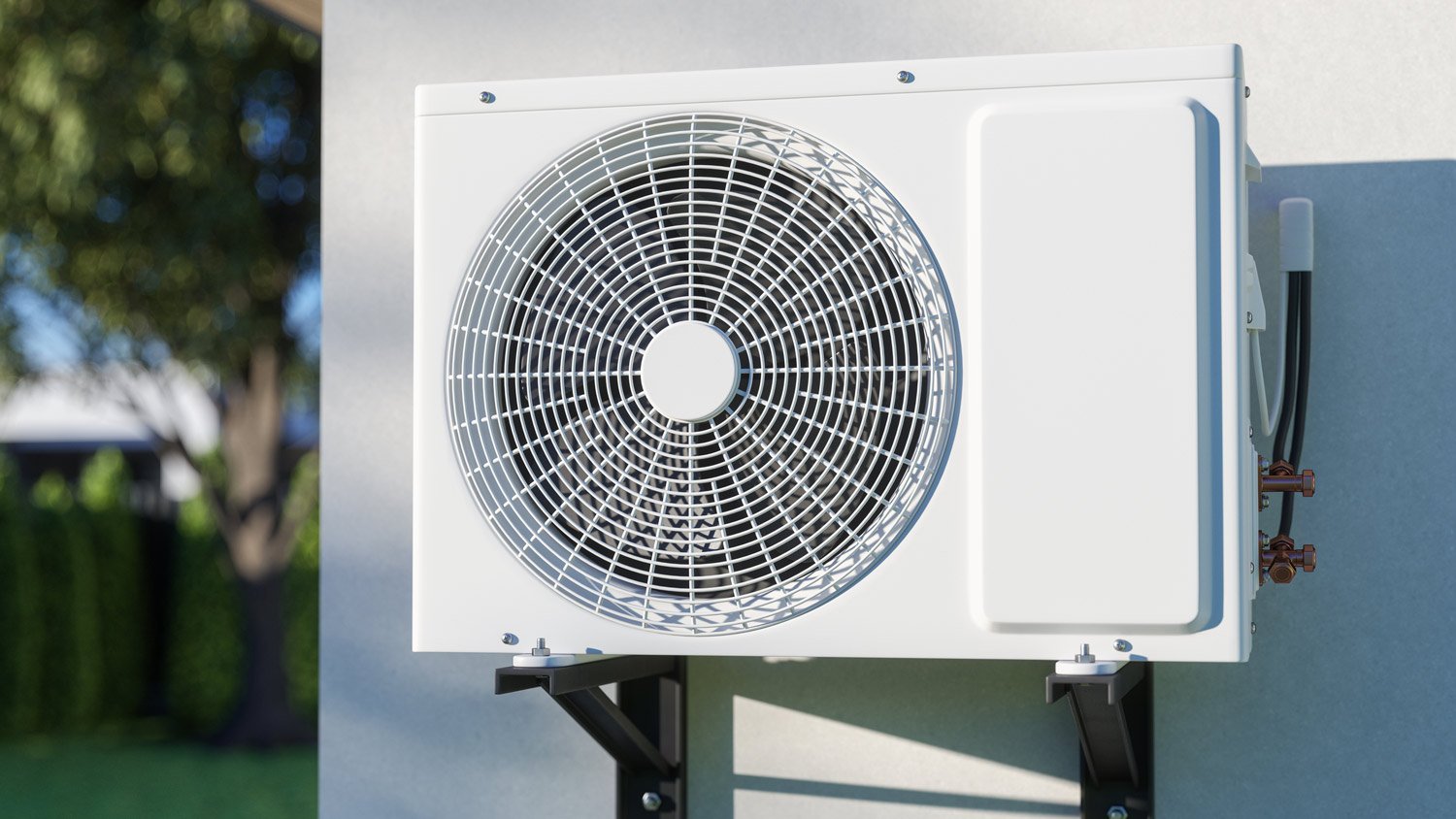
Every home is different, and air conditioners are not universal "plug and play" devices. Even if your AC is professionally installed, it won't efficiently cool your home if it's just too small.
Think about how it would take an artist forever to fill a large canvas using a tiny brush meant for details. They'll end up with a sore shoulder that makes them unable to finish other work. That's what will happen with an AC that's too small for your home: It will strain itself to the point of the AC compressor overheating, rendering the entire system inoperable.
It may be tempting to save money by getting a smaller unit. However, this will cost you money in the long run when the AC has to work overtime, you have to pay more in electricity bills, and parts get worn out sooner. Before buying a new system, work with a pro to determine what size AC unit you need for your home.
Electrical circuitry is incredibly complex, and your air conditioner needs electricity to run. Any number of electrical problems can make a compressor overheat. These can include a blown fuse, an electrical line fault, a broken capacitor, or short-circuiting from a surge in voltage.
If you suspect that your AC problem is electrical, do not handle it yourself. Contact a local electrician who can safely inspect the area. You should get in touch with one right away if you smell burning, as this is an alarming symptom of an AC compressor overheating due to an electrical rather than a mechanical issue.
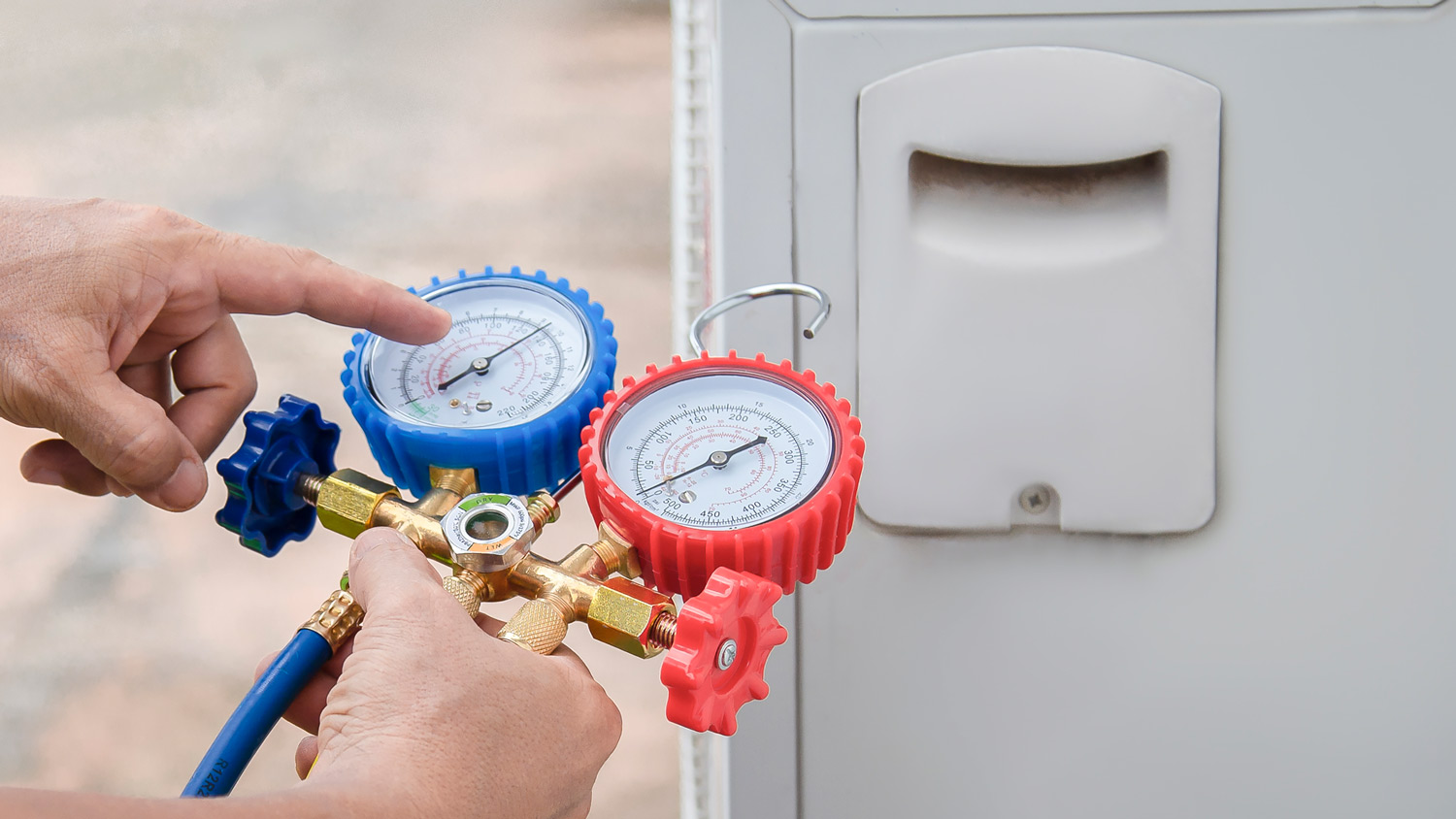
Liquid refrigerant is a crucial element of air conditioners. It converts the unwanted heat in your home to life-renewing cool air. If your unit is low on refrigerant, the compressor is like a heart trying to pump under high blood pressure and constricted blood flow: It will have to work a lot harder to pump efficiently. This causes the compressor to overheat.
Your unit might need a refrigerant refill. If you smell a sweet but chemical smell near the unit outside, that's a sign that the refrigerant line has ruptured. In this case, you need to get an HVAC professional over right away. Refrigerant is extremely dangerous, and only licensed professionals with the proper training and permits should handle it.
When a compressor gets overheated in central air systems or heat pumps, it can still cool your home for a while until it eventually gives out. If the compressor is chronically overheated and no one addresses the root cause, it will create an incredibly expensive problem when your entire HVAC system breaks down and stops working altogether.
There are many recognizable symptoms of AC compressor failure. They include loud banging noises, hot air being continually circulated in your home despite running the AC at full blast, uneven airflow and cooling, and electrical issues like constant surges due to the compressor working overtime. While some of these symptoms, like uneven cooling, can have other root causes, they are common indicators of compressor problems.
Yes, it is possible. An electrical fire can break out if the compressor has inadequate ventilation. When it overheats but doesn't have a proper thermal cutout, this can cause the motor to short-circuit and catch fire. This risk is exacerbated if flammable materials, like dust and fallen leaves, are clogging the unit. The compressor overheating won't start a fire by itself, but poor maintenance and installation can increase the risk once it hits its breaking point and short-circuits.
From average costs to expert advice, get all the answers you need to get your job done.

Heating and cooling system on the fritz? Discover the factors that go into HVAC repair costs and how you can save money on this crucial home update.

When your HVAC system is acting up, it could be the blower motor to blame. See how much blower motor replacement costs and what impacts the price here.

Gas furnace replacement costs depend on the type of furnace you want and installation fees. Our guide explains all the factors involved in a new furnace cost.

Get the facts on propane boiler installation costs. Learn what impacts your price, compare options, and budget confidently for your home upgrade.
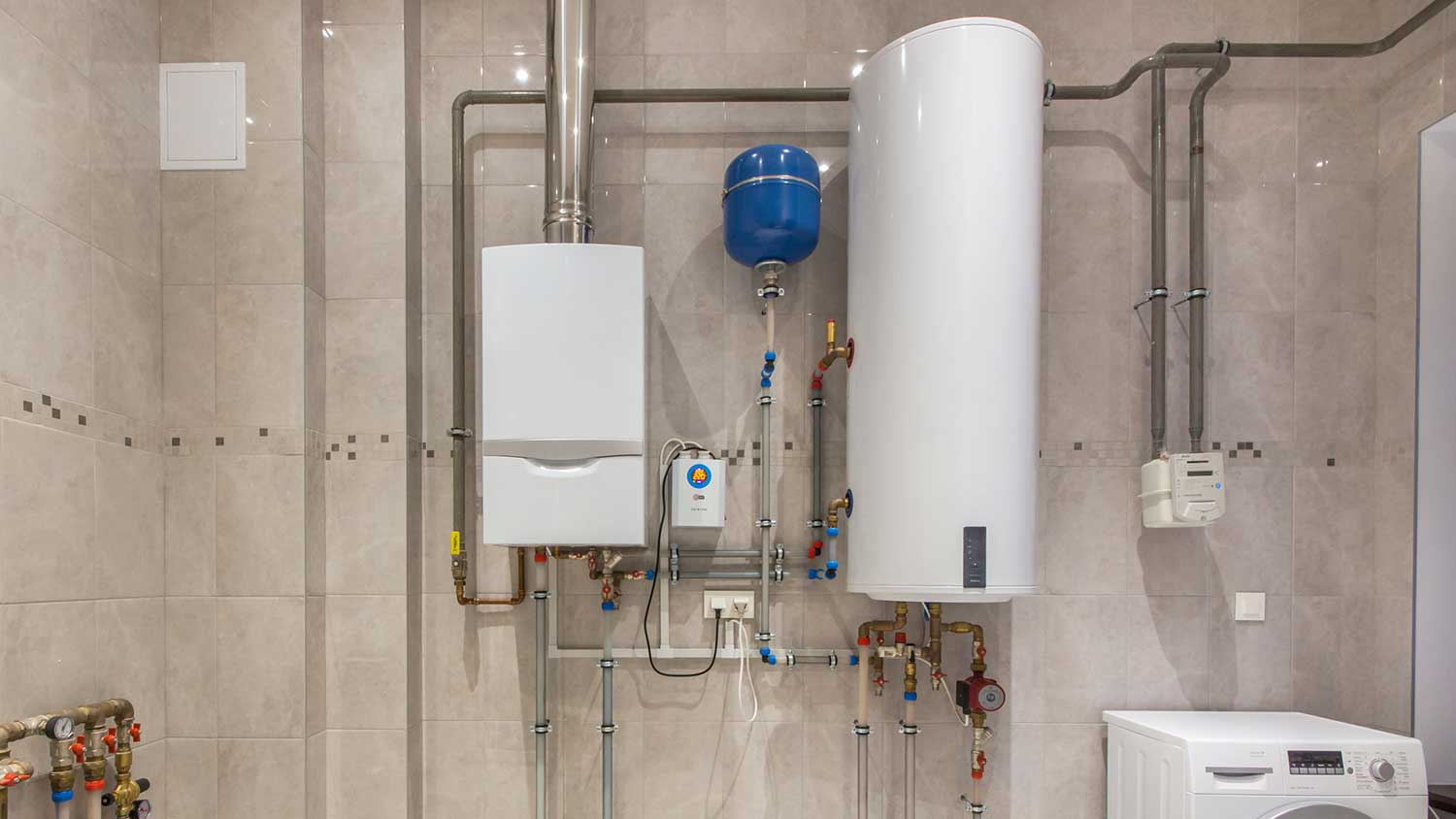
Discover the average electric boiler installation cost, key price factors, and ways to save. Get transparent, expert-backed estimates for your project.
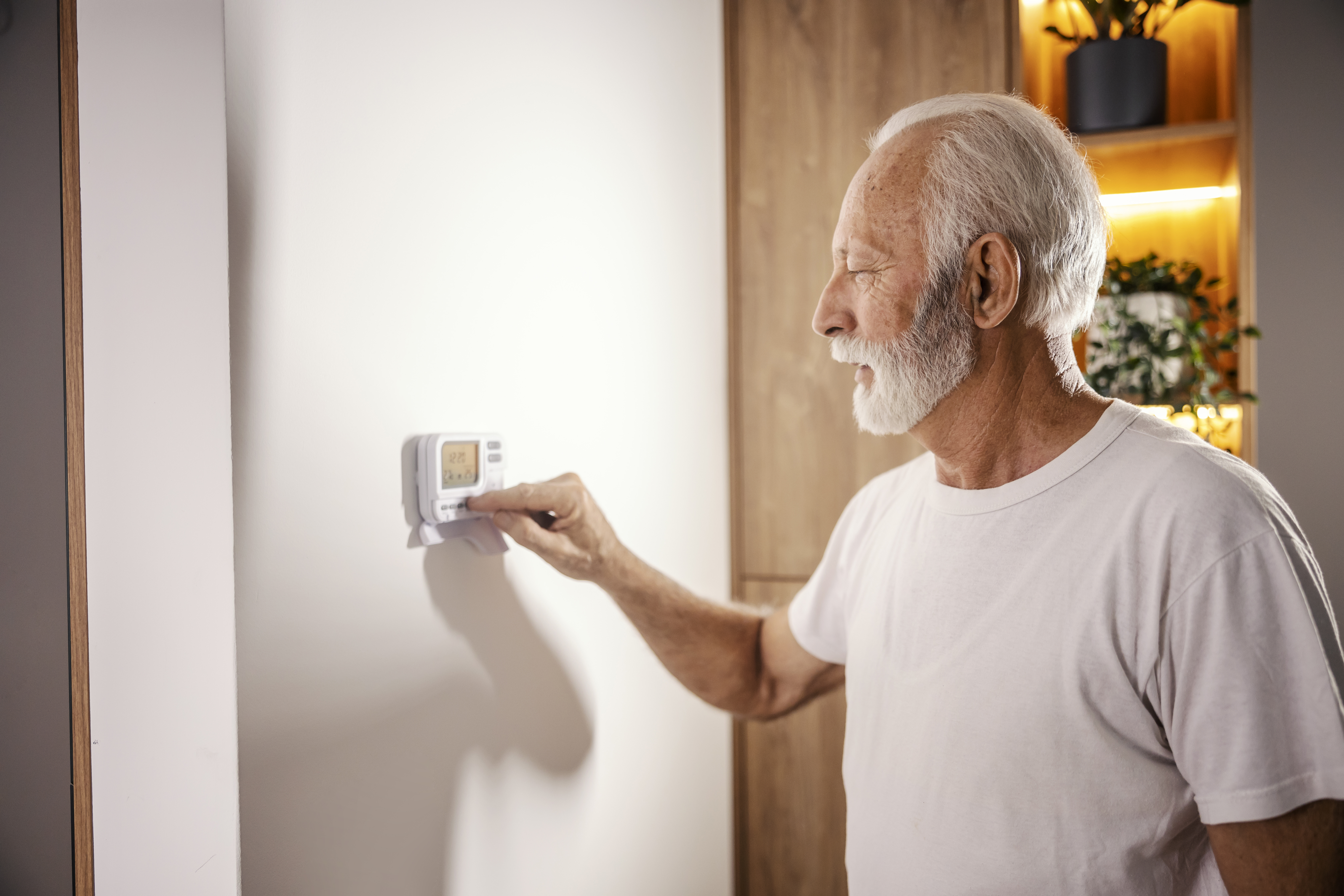
Discover the differences between 3.5 CFM and 5 CFM vacuum pumps, including which option is best for HVAC jobs and how to choose the right one for you.